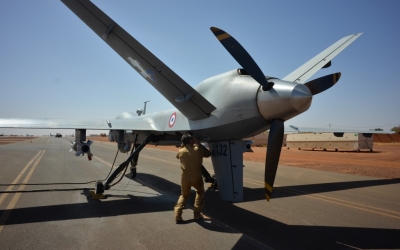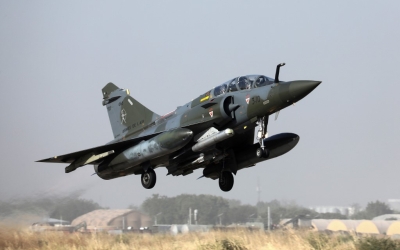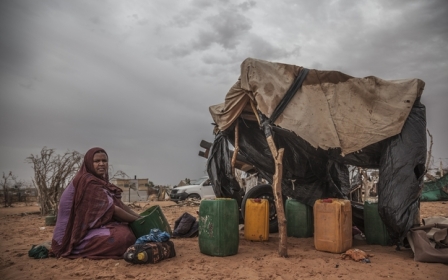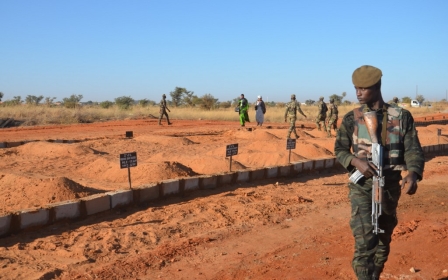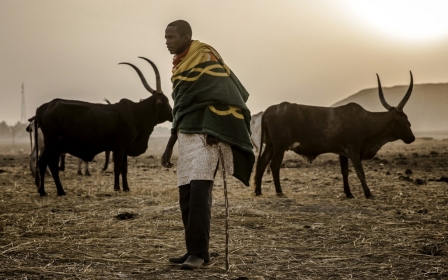France's attack in Mali killed 19 civilians, UN investigation finds
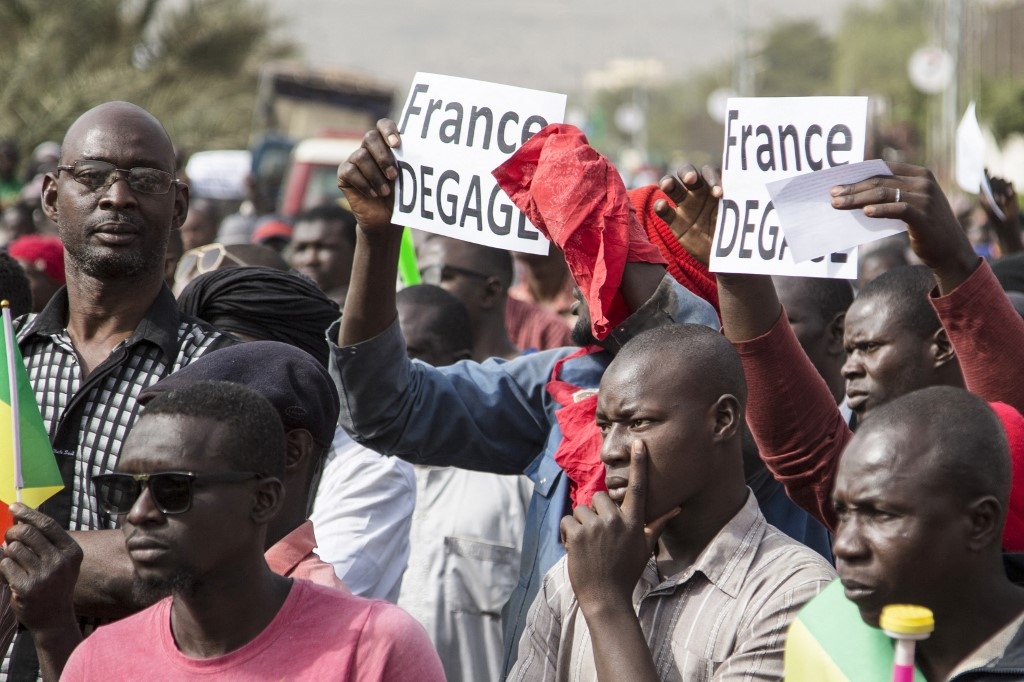
A French air strike in central Mali at the start of the year killed 19 civilians and three armed men, a United Nations investigation has found, contradicting French claims that only militants were hit.
Following the 3 January airstrike, residents of Bounti village told reporters and rights groups that the French strike had hit a wedding party attended by civilians.
The French military disputed the claim, saying a fighter jet struck an extremist group at a location north of the village, killing several dozen combatants that had been identified by aerial surveillance.
Excerpts from a United Nations investigation due to be released later on Tuesday, however, backed up the villagers' claims that the deadly strike targeted civilians, not militants.
The findings also contradicted Mali's own defence ministry, which on 7 January backed the French account, saying that about 30 members of the Katiba Serma group were "neutralised" in strikes by a Mirage 2000 fighter jet.
Stephane Dujjaric, the UN Security General's spokesperson, described the report as "very important".
"It represents very important work that UN missions do. I think the report, as it states, raises very significant concerns ... on the principals on the conduct of hostilities including precautionary principals and the obligation by member states to do everything practical to verify that targets are indeed military objectives," Dujjaric said at a press briefing on Tuesday.
In the executive summary of the report, seen by Middle East Eye, the report concluded that "MINUSMA [United Nations Multidimensional Integrated Stabilization Mission in Mali] was able to confirm that a wedding celebration had been held at the site of the strike, and that this celebration was attended by approximately 100 civilians, including five armed persons, presumed to be members of the Katiba Serma."
Earlier on Tuesday, the French defence ministry disputed the UN's findings and said that it "maintains with consistency and reaffirms strongly" that French armed forces carried out an air attack targeting an "armed terrorist group".
The statement added that the ministry had "numerous reservations about the methodology used" in the UN investigation.
Calls for independent probes
Independent verification of the events had been extremely difficult, given the remoteness of the location and the danger of travelling there.
Juan Carlos Cano, the head of mission for Doctors Without Borders (MSF) in Mali, told Middle East Eye in mid-January that his staff had treated eight injuries from the town that evening.
"The wounded and those who accompanied them spoke of air strikes; they said it was a wedding and that there were a few deaths," Cano said at the time.
Also at the time, three Bounti residents told Human Rights Watch (HRW) that male wedding guests had gathered separately from the women.
"They said that the wedding had been planned over a month earlier and that people had come from other towns and villages to attend," HRW said in a statement.
One of the men, who was 68 at the time, told HRW that he heard the explosion and was knocked out.
"When I woke up, my foot was bleeding because of shrapnel, and all around me were wounded and dead bodies," he said.
The International Federation for Human Rights and the Malian Association of Human Rights had also called for probes to be launched by French and Malian authorities.
The 13,000-strong United Nations' peacekeeping force in Mali, known as MINUSMA, announced that it had launched its own inquiry.
Mali has been struggling to contain a militant insurgency that broke out in the north of the country in 2012 before spreading to the centre and neighbouring Burkina Faso and Niger.
French troops intervened in 2013 to drive back the militants. Thousands of civilians are estimated to have been killed in the fighting and more than a million have been displaced.
Middle East Eye delivers independent and unrivalled coverage and analysis of the Middle East, North Africa and beyond. To learn more about republishing this content and the associated fees, please fill out this form. More about MEE can be found here.


